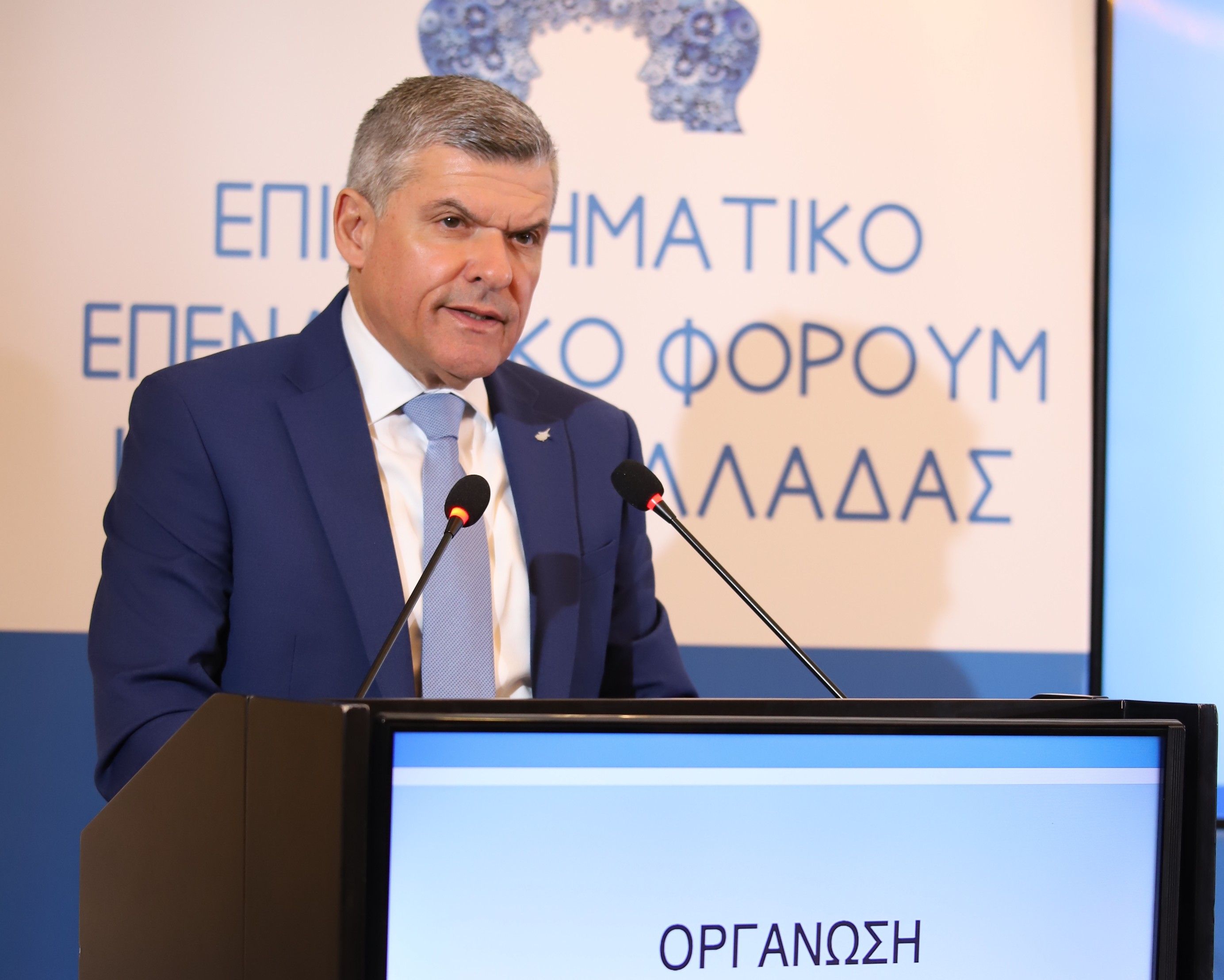The Cypriot state must stay the course with the Great Sea Interconnector (GSI), the energy minister said on Monday, even as the outgoing Vice President of the European Investment Bank called the project a financial non-starter.
“As a state, we need to remain focused on implementing the electrical interconnection,” George Papanastasiou said at an event in Paphos.
Noting the project is “European”, he said “any commentary, from anyone else other than the European Commission, is superfluous.”
It’s understood he was alluding to public comments on the matter made by officials both in Cyprus and Greece.
Papanastasiou also confirmed that the next three-way meeting to discuss the GSI – featuring himself, his Greek counterpart, and the European Commissioner for Energy – will take place on November 12 in Brussels.
The three held a teleconference discussing the same matter on October 16.
The GSI is a mooted subsea cable linking the electricity grids of Cyprus and Greece.
Meanwhile, the outgoing Vice President of the European Investment Bank (EIB) seemed to throw another spanner in the works for the troubled project.
Kyriacos Kakouris did not mince his words about the interconnector’s prospects.
He said the bank has yet to receive adequate explanations from either the Greek or Cypriot governments on precisely how they plan to integrate the GSI in their energy plans.
“On its own the project, based on the decisions of the regulatory authorities, appears not to be viable,” said Kakouris.
This is why, he added, “political discussions are ongoing regarding additional state support and the provision of guarantees, including for covering geopolitical risk.”
The outgoing EIB official said the cost of the project has “shot up to unknown heights” from the initial €1.4 billion price tag quoted when the European Union pledged to support it with grants.
And he warned that “the cost of lending alone could double the total cost” – given that repayment would extend over a 20 to 25-year period.
Another issue relates to the fact that authorities have not informed consumers what they’ll get charged on their electricity bills – paying for the interconnector over time.
The ratio for reimbursing capital expenditures for the GSI has been agreed at two-thirds for Cypriot consumers, one-third for consumers in Greece.
“There needs to be an assurance that this charge [on consumers] will be less than the benefit,” Kakouris stated.
Opposition party Akel again accused the government of “speaking with a forked tongue” and for its inaction over the project.
“The electricity interconnector project is not viable. The final cost remains unknown, and it is far from certain whether consumers would see any benefit,” Akel said.
The party demanded that President Nikos Christodoulides give “immediate and clear answers” as to why no official loan request has been made to the EIB, whether the state plans to buy a stake in the GSI shareholding, and whether it deems the project to be financially sustainable or not.






Click here to change your cookie preferences